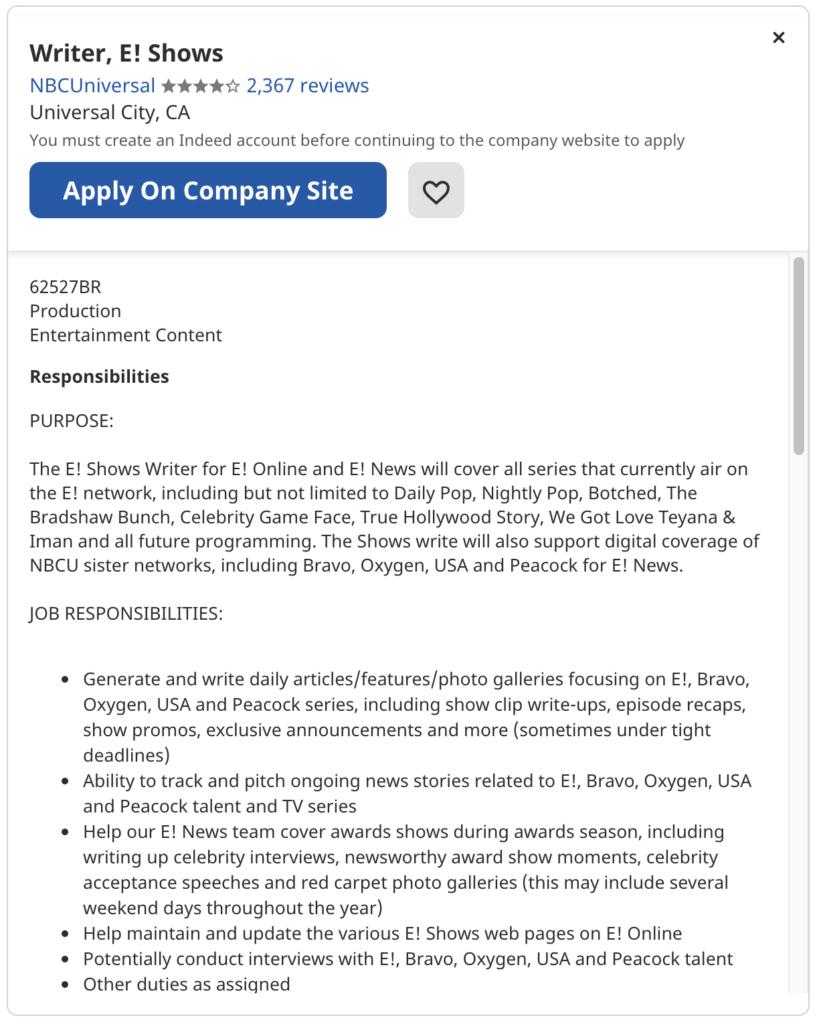
There are several steps that you can take to achieve your goal of finding a new career. To begin, you must create a rough plan. First, think about your strengths. Is there a field you are qualified for? These skills can be transferred into other fields.
Informational interviews
Informational interviews are a great way of finding a new job. It is a great way to find a new job. It is estimated that 80% percent of job openings are discovered through word-of mouth referrals. Your chances of getting a job you like can be increased by expanding your network. Conduct yourself professionally and clearly explain why you are seeking information in an informational interview.
Informational interviews usually involve talking to someone who has experience in the same job as you about what they do. Often, it's a former employer or professor who has experience in the field you're interested in. These contacts can offer a wealth of information and help you make a decision about whether it is the right career.
To take an aptitude test
An aptitude test can help you determine your personality and preferences for work if you are considering a career shift. The Career Match Interest Test, for example, measures your personality and interests, as well as your communication and team-building skills. This information can help you find high-paying career opportunities in over 1000 industries.

Aptitude tests are a popular method of career assessment. These tests are a collection of questions that measures a person’s aptitude for certain tasks. The test also questions about one's past experiences, education, and skills.
Identifying transferable skills
Identifying your transferable skills is essential when searching for a new career. These skills can help you narrow down your options and make a better career plan. You can find these skills by reviewing job descriptions and talking to people in the industry. Think about your past accomplishments in these areas.
Almost every job requires you to use technology. It is crucial to learn new skills quickly. Employers seek candidates who are eager to learn new skills. Include transferable skills in your resume and cover letter.
Get support from family and friends
Family and friends are important in helping you make a career transition. You can get support from your friends by creating a compelling cover letter and reaching out to contacts. They can also offer emotional support. It's also important to explain to family and friends why you're changing careers.
It can be hard to disclose your career change to loved ones, and your loved ones' reactions can make the transition more difficult or easier. Here are seven things to tell family and friends about your new career decision.

Recognizing your legacy at work is a sign it's time for a change in career
It's time to move on if your career feels unfulfilling. You may have spent years developing your skills and talents within your current job and building a professional network. This can make it difficult to leave your current career behind. You might also feel like you're falling behind because of your lackluster work ethic and inability to see yourself as advancing.
You can avoid making poor decisions by taking a step back, and thinking about the legacy. It can also help you to avoid the temptation to make decisions that are not in the long-term interest of the organization.